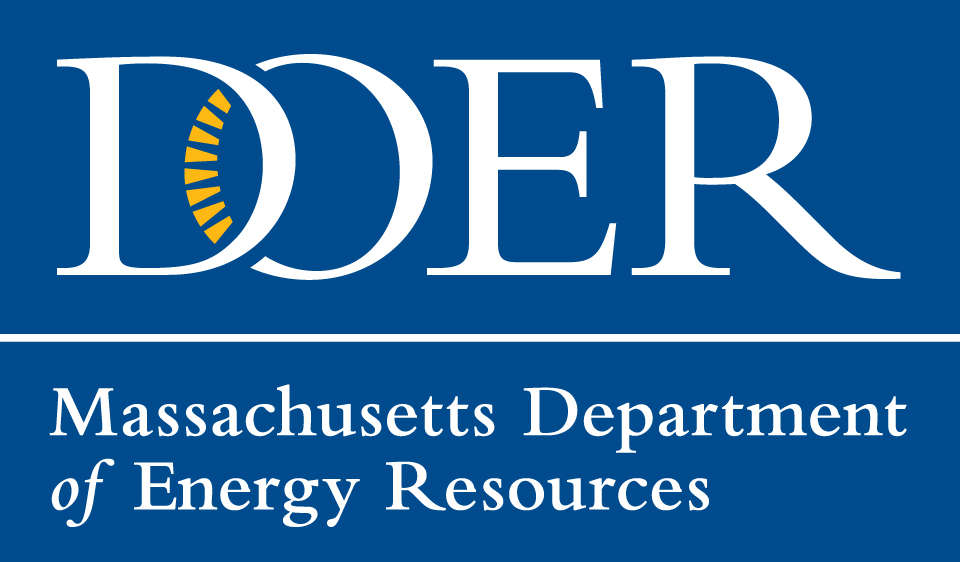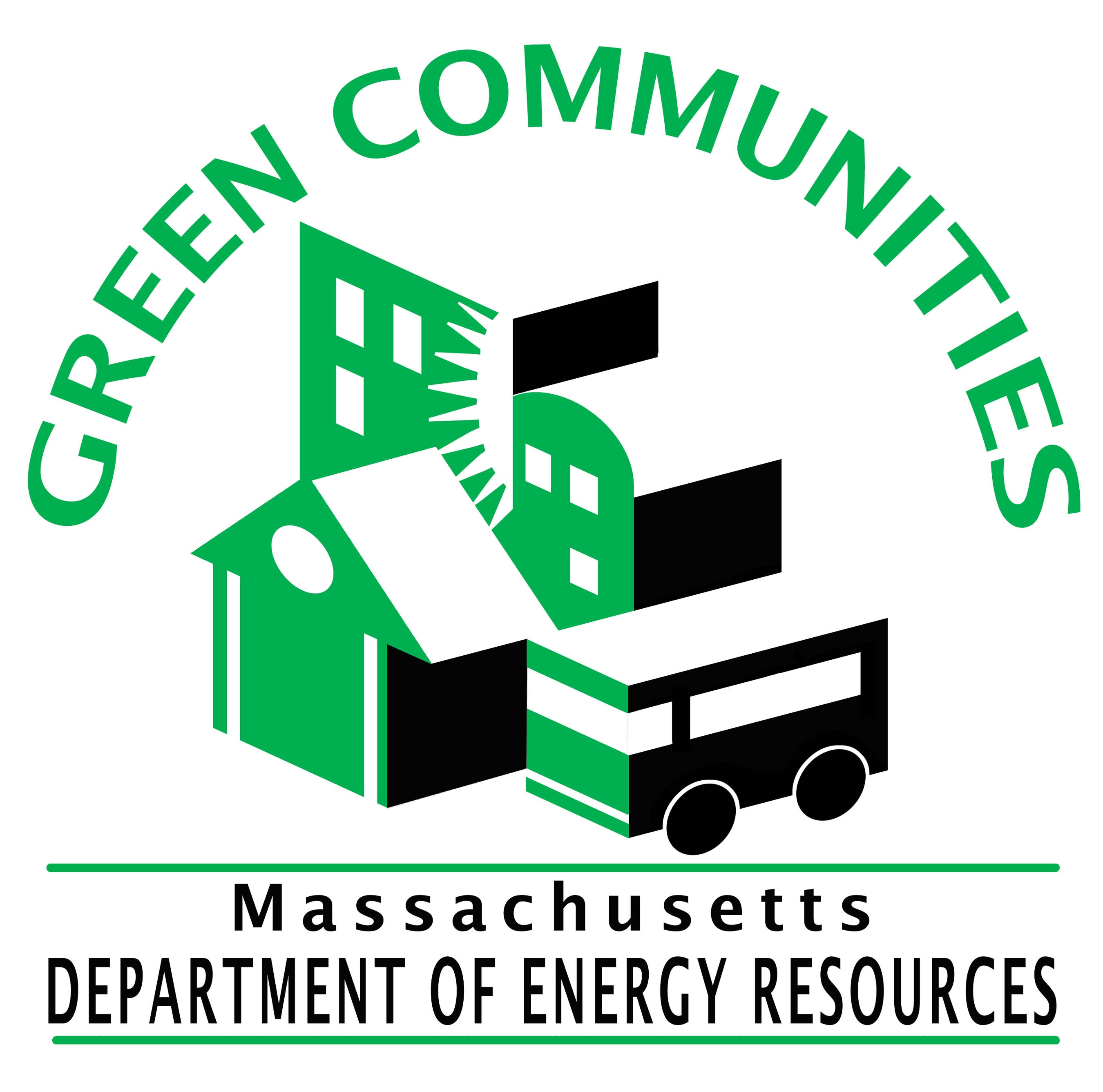- Massachusetts Department of Energy Resources
- Green Communities Division
Media Contact
Lauren Diggin, External Affairs Manager
Boston — The Healey-Driscoll Administration today awarded $7.7 million in Green Communities competitive grants to 50 municipalities across Massachusetts to fund clean energy and energy efficiency projects. With today’s announcement, the Department of Energy Resources (DOER) has awarded more than $177 million to Green Communities in Designation Grants and Competitive Grants since 2010.
“Reducing energy use is good for municipal budgets and good for our climate,” said Governor Maura Healey. “It’s important to recognize the hard work being done by our cities and towns to address climate change. Local action is essential to help Massachusetts meet its climate goals.We are happy to support these communities as they move forward with projects that helpmake Massachusetts a healthier and more affordable place to live and do business.”
“I know firsthand how vital state and local partnerships like the Green Communities program are to catalyze clean energy innovation and savings at the municipal level,” said Lieutenant Governor Kim Driscoll. “We are committed to working with local leaders to support projects that save cities and towns money and strengthen their communities.”
Under the Green Communities Act, cities and towns must meet five criteria to be designated a Green Community and receive funding. The grants provide financial support for energy efficiency and renewable energy projects that further the designated communities’ clean energy goals and are awarded to existing Green Communities that have successfully invested their initial designation grants and previous competitive grant awards. With the exception of $500,000 building decarbonization grants, awards are capped at $200,000 per municipality.
“Our communities are on the cutting edge of climate action – investing in electric vehicle fleets, making municipal buildings more efficient and electric, and improving air quality,” said Energy and Environmental Affairs Secretary Rebecca Tepper. “We are glad to support these 50 cities and towns as they implement projects that lower their ongoing energy costs and reduce their reliance on expensive fossil fuels. We will continue to work with our municipal partners to meet our shared goals of reducing energy consumption and harmful greenhouse gas emissions.”
“We are proud of the continued work done by Massachusetts’ Green Communities to complete municipal energy efficiency and renewable energy projects,” said DOER Commissioner Elizabeth Mahony. “These investments support our cities and towns and free up their budgets as they achieve their own clean energy goals and provide cleaner air and lower costs for their residents and businesses.”
The grants announced today fund a range of projects, including the acquisition of air-source heat pumps, hybrid police cruisers, battery-electric vehicles and electric vehicle charging stations. Projects also include ventilation system upgrades, high-efficiency lighting, and the installation of insulation and energy management systems at municipal buildings and facilities.
More than half of the awardees are implementing fuel-switching projects, replacing fossil fuel-fired heating systems with electric heat pumps. Once installed, those projects will reduce greenhouse gas emissions by 822 tons annually.
The following municipalities received grant awards:
| Municipality | Grant Award | Municipality | Grant Award |
|---|---|---|---|
| Acton | $100,000 | Merrimac | $14,800 |
| Athol | $39,989 | Millis | $5,450 |
| Auburn | $155,244 | Nantucket | $177,160 |
| Ayer | $151,530 | New Braintree | $180,013 |
| Blackstone | $200,000 | Newton | $500,000 |
| Charlton | $94,422 | Northbridge | $191,386 |
| Cohasset | $196,006 | Northfield | $178,910 |
| Dudley | $80,394 | Pembroke | $200,000 |
| Dunstable | $5,000 | Plainville | $199,984 |
| East Bridgewater | $200,000 | Quincy | $199,685 |
| Egremont | $199,913 | Royalston | $168,689 |
| Everett | $200,000 | Rutland | $200,000 |
| Fairhaven | $125,810 | Saugus | $200,000 |
| Gloucester | $144,311 | Stow | $500,000 |
| Groton | $31,688 | Sutton | $190,172 |
| Hanson | $173,654 | Walpole | $199,988 |
| Hardwick | $200,000 | Wayland | $92,813 |
| Holyoke | $197,404 | Wenham | $50,000 |
| Hubbardston | $188,000 | West Brookfield | $180,526 |
| Hudson | $44,170 | Westford | $97,530 |
| Ipswich | $167,500 | Weymouth | $100,000 |
| Kingston | $66,488 | Wilbraham | $54,358 |
| Leominster | $123,997 | Williamstown | $196,300 |
| Malden | $193,022 | Winchester | $99,999 |
| Medway | $84,828 | Winthrop | $191,133 |
Representing an estimated annual energy cost savings of $608,773 and leveraging $2,611,527 in utility incentives, the proposed projects are altogether estimated to yield energy savings of 31,168 MMBtus, which translates to the amount of energy consumed by 241 Massachusetts households. In greenhouse gas emissions terms, the projects are estimated to reduce emissions by 1,897 metric tons annually – roughly equal to taking more than 383 cars off the road for one year.
Funding for these grants is available through proceeds from carbon allowance auctions under the Regional Greenhouse Gas Initiative (RGGI). Learn more about the awarded projects and funding amounts here.
###

